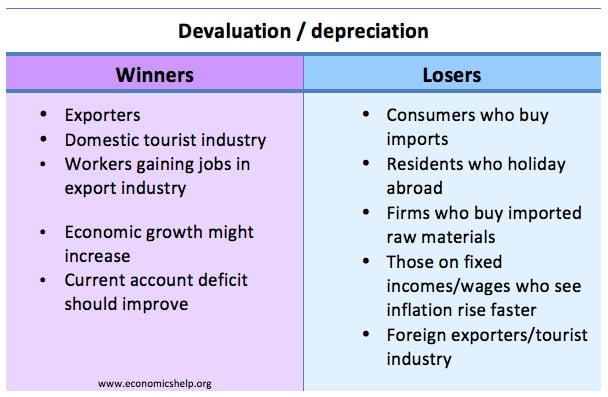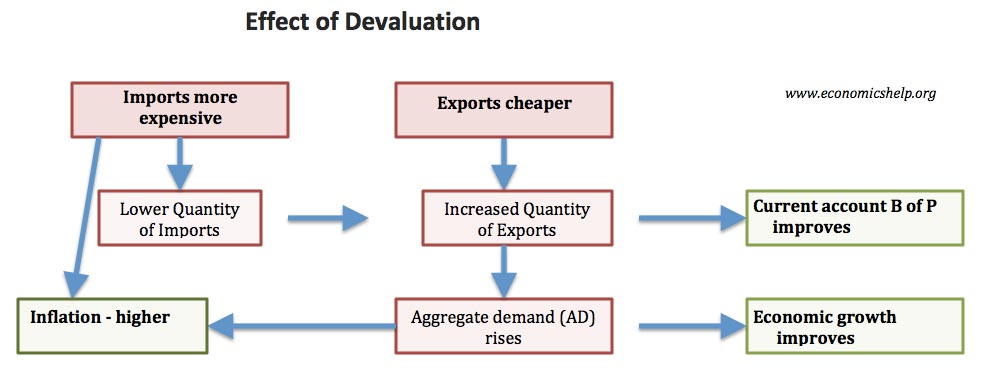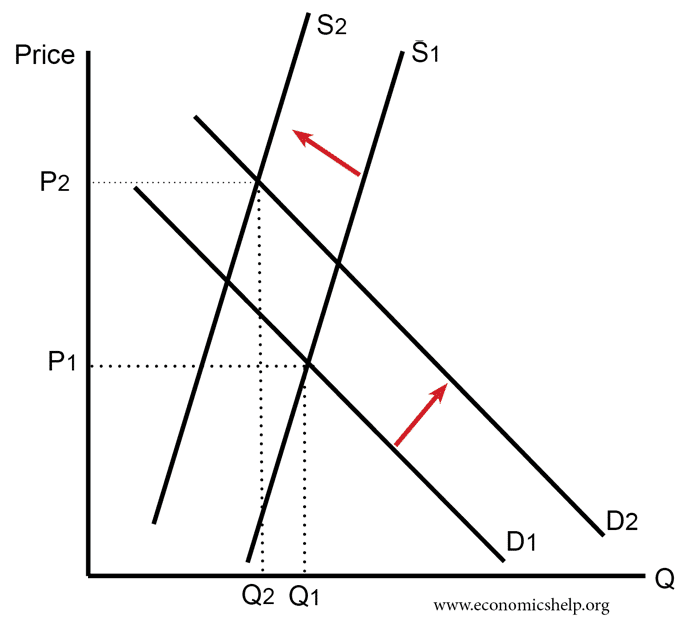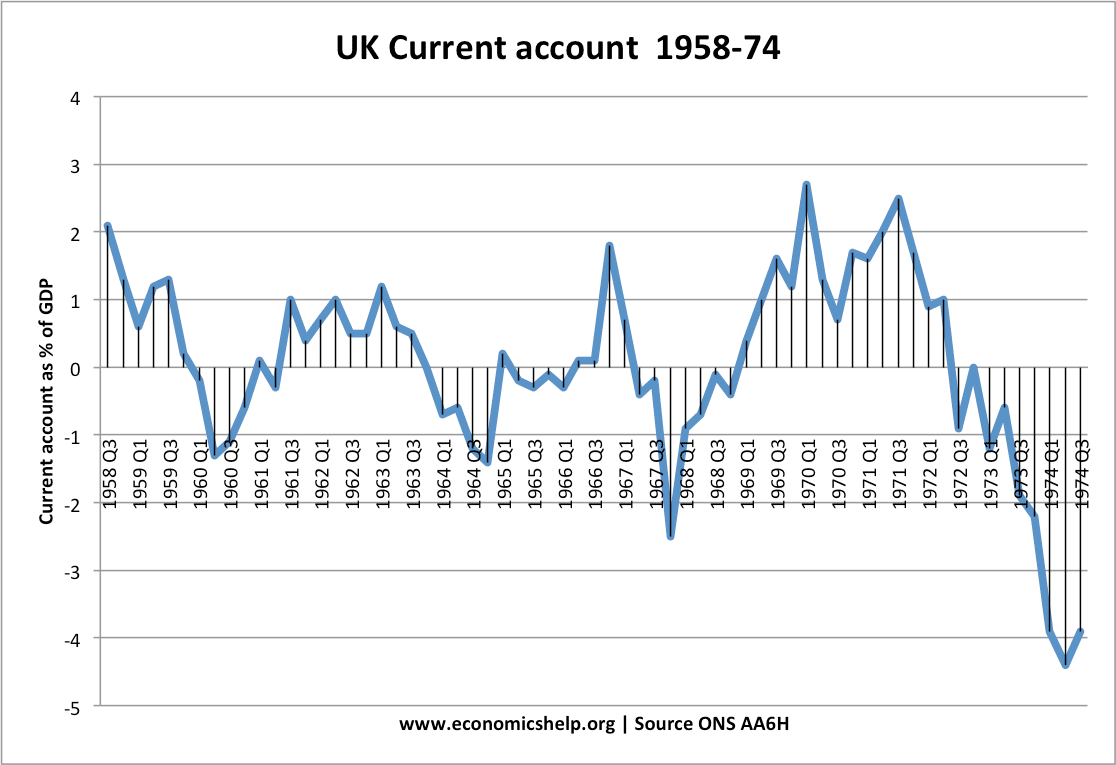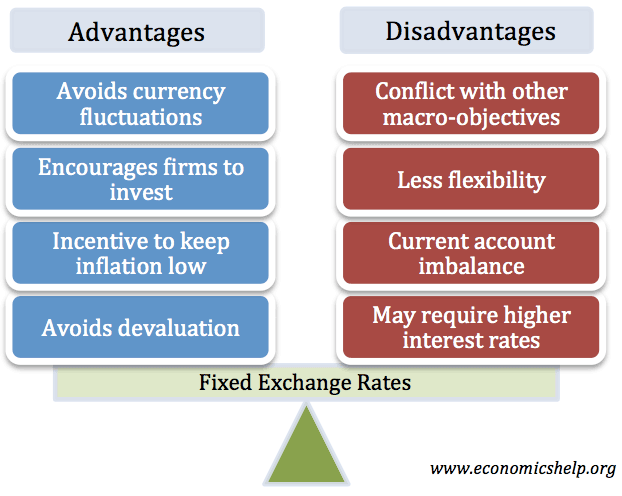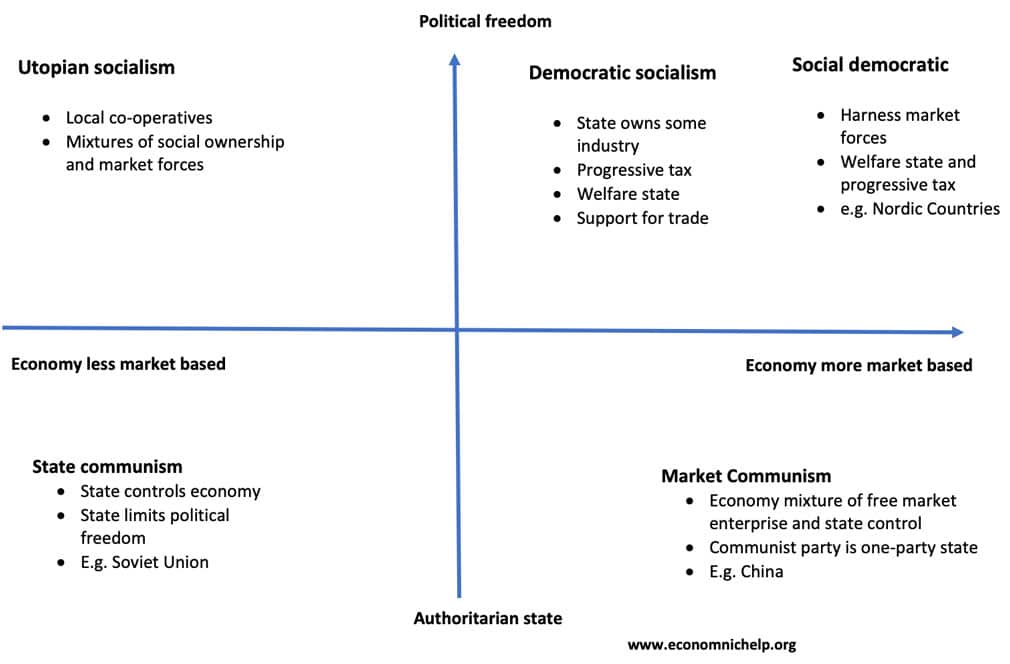Advantages and disadvantages of devaluation
Readers question: what are the advantages and disadvantages of devaluation? Devaluation is the decision to reduce the value of a currency in a fixed exchange rate. A devaluation means that the value of the currency falls. Domestic residents will find imports and foreign travel more expensive. However domestic exports will benefit from their exports becoming …

